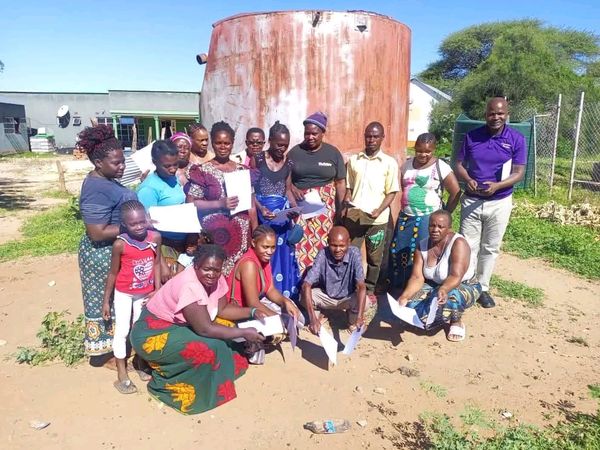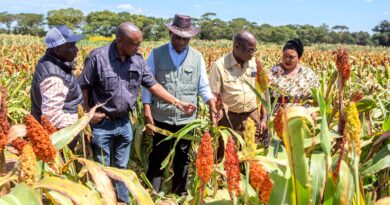CEJ Empowers Rural Communities in Sinazongwe
The Centre for Environment Justice (CEJ) is actively implementing a self-savings-led village banking and investment model. The primary aim is to boost financial inclusion for the less privileged, enhancing their economic resilience.
Sinazongwe, a district benefiting from the Resilient Initiative for Sustainable Environment (RISE) project, supported by Bread for the World, is the focal point of CEJ’s efforts.
The initiative is specifically geared towards providing support to women and youth groups, recognizing their vital role in community development.
In a recent development, executive members of savings groups in Nkandabwe gathered to strengthen their organizational skills through a capacity-building activity.
Mr. Jeff Kayamba, the district coordinator for Sinazongwe, spearheaded a one-day training session at the former World Vision office in Sinazeze.
The training session not only equipped the executive members with enhanced organizational development skills but also provided a platform for interaction and collaboration.
Mr. Kayamba’s presence emphasized the importance of community involvement and leadership in the success of such initiatives.
In addition to the training, CEJ utilized the event to update group memberships and evaluate members’ dedication to savings through a screening mechanism.
This tool serves as a valuable gauge of the commitment levels, ensuring the effectiveness and sustainability of the financial inclusion model.
CEJ’s Rural Financial Inclusion Initiative exemplifies a collaborative effort between environmental justice and community development.
By empowering local communities in Sinazongwe, CEJ strives to create a positive impact, fostering financial resilience and contributing to the overarching goal of poverty reduction.
The ongoing support from Bread for the World adds a crucial layer to the sustainability and success of this impactful initiative.



